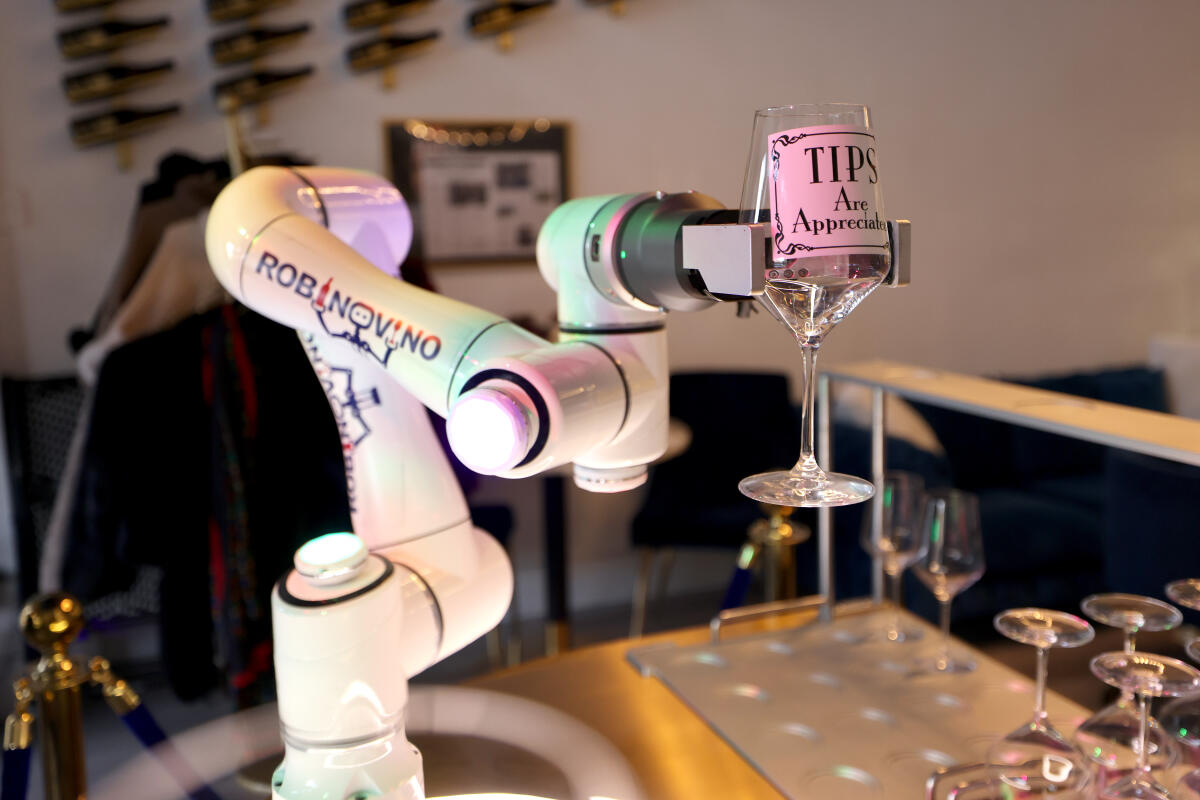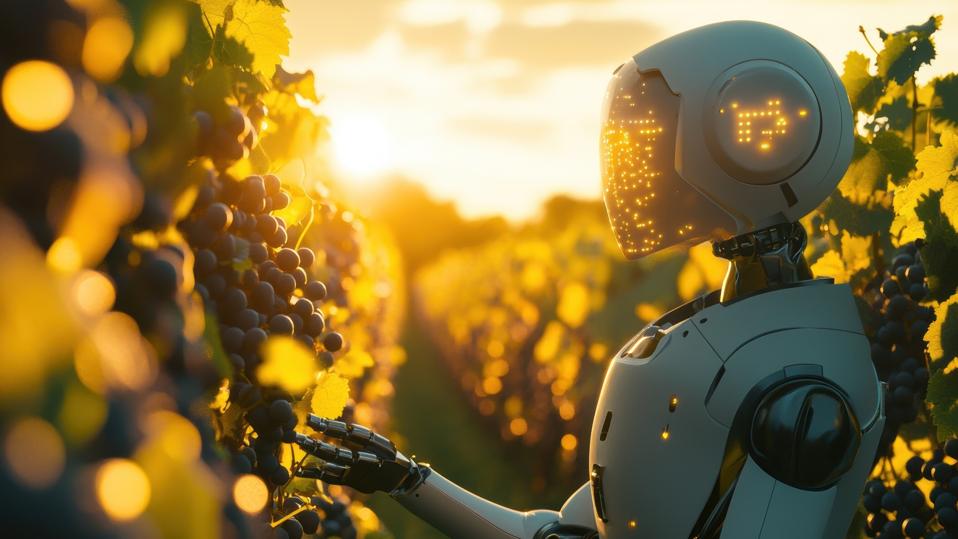The wine industry, steeped in millennia of tradition, is experiencing a technological renaissance that would have been unimaginable just decades ago. Artificial intelligence has emerged as a transformative force, revolutionizing every aspect of wine production from vineyard management to the final bottle. This digital evolution isn’t replacing the artisanal heart of winemaking but rather enhancing it with unprecedented precision and efficiency. Modern vintners are discovering that AI can optimize harvest timing, predict weather patterns, monitor fermentation processes, and even forecast wine quality with remarkable accuracy.
The global AI in wine industry market, valued at $150 million in 2022, is projected to reach $350 million by 2028, reflecting the sector’s rapid embrace of intelligent technologies. As climate change challenges traditional growing methods and consumer expectations for quality continue to rise, AI offers winemakers the tools to adapt, innovate, and thrive in an increasingly complex world.
Precision Viticulture: Smart Vineyard Management
AI-powered precision agriculture has revolutionized vineyard management by providing unprecedented insights into crop health and environmental conditions. Modern vintners increasingly rely on AI-powered drones, satellite imagery, and ground sensors to map vineyard microclimates and soil variations. These precision viticulture techniques ensure interventions, from irrigation to pest control, are bespoke, cultivating grapes that genuinely reflect their environment.
Leading wineries worldwide have embraced these technologies with remarkable results. In Napa Valley, Gamble Family Vineyards has incorporated AI-powered tractors equipped with 360-degree cameras and sensors to analyze crops daily, allowing for real-time adjustments and long-term yield estimations. Similarly, Mount Langi Ghiran vineyard in Australia has implemented AI-based solutions to monitor water levels and forecast harvests, enabling precise planning for equipment and transportation use.
The impact extends beyond efficiency to sustainability. AI has helped reduce water usage in vineyards by 20% through optimized irrigation scheduling, while AI-based vineyard monitoring systems have reduced pest management costs by 25%. Additionally, 66% of vineyards report that AI has helped in early disease detection, preventing significant crop losses.
Optimizing Harvest and Fermentation Processes

Timing is everything in winemaking, and AI has transformed how producers determine the optimal harvest window. AI processes data from weather forecasts to soil moisture levels, pinpointing the ideal harvest window to ensure grapes are picked at their peak. This predictive capability is crucial for producing wines true to their terroir.
Fermentation monitoring represents another breakthrough area where AI demonstrates its value. AI-enabled fermentation monitoring has led to a 15% increase in wine quality scores by monitoring the process in real-time and making subtle adjustments to ensure wines achieve desired characteristics. The technology analyzes multiple variables simultaneously, from temperature and humidity to sugar levels and yeast activity, providing winemakers with unprecedented control over this critical process.
Companies like Ailytic have developed AI programs that optimize every aspect of production, from changeover to packaging, using prescriptive analytics to manage variables like temperature and inventory while developing more efficient timetables. Users report production time reductions of 30-60%, demonstrating AI’s tangible impact on operational efficiency.
Quality Control and Market Innovation
AI’s influence extends beyond production into quality assurance and market strategies. AI-driven wine quality prediction tools have increased accuracy by 30% over traditional methods, while AI algorithms have improved wine flavor profile predictions by 40%. Wineries use AI-based platforms to gather information on tannin and antioxidant levels in grapes, analyzing grape extracts to determine quality and assign them to different production lines.
In bottling facilities, AI models predict failures before they occur, enabling more efficient maintenance strategies that focus on specific components rather than halting entire production lines. This predictive maintenance approach significantly reduces productivity losses while maintaining quality standards.
Marketing has also been transformed through AI applications. AI-driven recommendation engines have increased online wine sales by 22%, while 50% of wineries utilize AI chatbots for customer service, achieving a 35% reduction in response times. Generative AI is enabling personalized wine labels and dynamic pricing models, creating more targeted marketing approaches.
Despite these advances, the human element remains irreplaceable in winemaking. As industry experts note, while technology transforms viticulture, decision-making still requires knowledge, data, intuition, and experience. AI provides tools that enhance rather than replace the winemaker’s craft, allowing them to focus on the essential work of tasting, smelling, and blending wines to create exceptional products.


